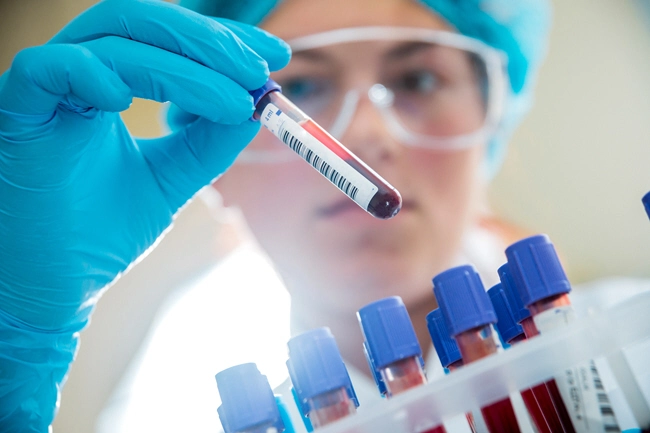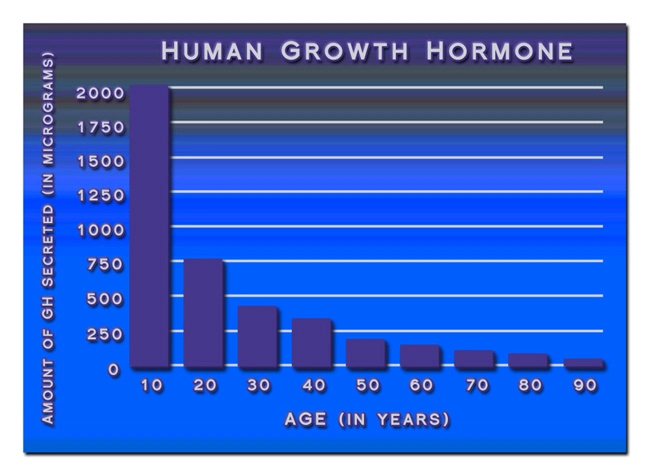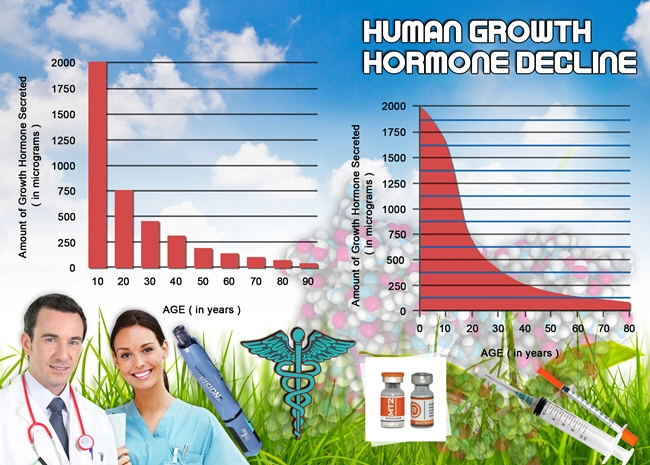
Video Link: https://vimeo.com/288896591
Video Download: Click Here To Download Video
Video Stream: Click Here To Stream Video
The Hormone is Used in the Raising of Cattle but Finds its Way to Rivers and Streams
We all know that many of our rivers and streams here in the U.S. are or have been majorly polluted in the last several decades, essentially since the industrial revolution. But things are getting better...right? Right...? Hmm may be not as much as we'd like to think. It appears that the hormones used in the beef and dairy industry are finding their way into our streams and wetlands and wreaking havoc on the fragile aquatic life living there.
This hormone is used by the farmers to artificially cause the cows to gain more weight...and quickly. Unfortunately, the presence of this hormone in aquatic ecosystems is interfering with the reproduction of fish. This horrific revelation was published in the journal, Nature Communications.
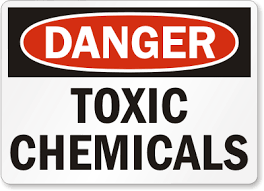 What's even scarier is that for decades our cattle farmers have used this hormone. It's name, you ask? Trenbolone acetate, or TBA. Ever hear of it before? We haven't either. But what we're learning is that this is the culprit for the sex changes taking place in our fish. This is because TBA has a toxic byproduct when the chemical is broken down called 17-alpha-trenbolone.
What's even scarier is that for decades our cattle farmers have used this hormone. It's name, you ask? Trenbolone acetate, or TBA. Ever hear of it before? We haven't either. But what we're learning is that this is the culprit for the sex changes taking place in our fish. This is because TBA has a toxic byproduct when the chemical is broken down called 17-alpha-trenbolone.
Researchers initially thought that this hormone couldn't be the culprit because, in their studies, the hormone was broken down into innocuous byproducts after exposure to UV rays, or sunlight.
Things change when night comes, however, where, in streams and rivers, these innocuous byproducts will come together again to form 17-alpha-trenbolone, the toxic chemical.
Lead study author, Adam Ward, says that when the mixture "goes away" in the sunlight, this is misleading because in terms of chemistry, it's not really true. The risk has not actually gone away.
How much damage occurs as a result of this hormone is unknown.
17-alpha-trenbolone enters our environment when the cows produce manure. When it rains, this manure is diluted and particles are swept into nearby streams, rivers, ponds and groundwater. Once in the water, where aquatic life lives, it can affect their hormones and act as an endocrine disruptor. We definitely know it affects fish for sure, but what about all the other life in the stream? What a disaster!
17-alpha-trenbolone is similar to testosterone but it is many times more potent. It is so potent that it is apparently changing the sex of the fish and slowing down the reproductive rates of multiple species of fish.
Ward says that the aquatic life, including fish, minnows, insects, and amphibians are all "being bathed in this sort of low dose testosterone." With the health of so much aquatic life being affected, including reproduction rates, this can cause a whole host of problems for these ecosystems, including streams and the precious, fragile wetlands.
Ward believes that the conclusions of the study will force the regulators to dramatically change the methods that these regulators use to determine risk management strategies for their waterways.
Typically, waterway regulators just look at how one type of substance will after an aquatic system, but if they want to consider 17-alpha-trenbolone and the other compounds that are similar to it, this means they will need to look at mixtures as well.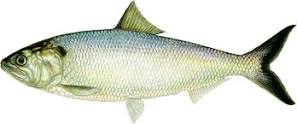
According to studies from the U.S. Geological Survey, there are other toxins being released into our environment that are considered endocrine disruptors, such as fungicides and insecticides.
Ward concludes that our knowledge of aquatic system risk management is deficient. Literally "tens of thousands" of chemical compounds are being synthesized and utilized in factories and businesses around the world every year. It will take a long time, if it can ever be done, but us to know exactly what happens when these chemicals are released into streams, lakes and/or wetlands especially when the ecosystem is considered complex.
Reference
12 Chemicals That Are Screwing Up Your Hormones
Contact Us Today For A Free Consultation
Dear Patient,
Once you have completing the above contact form, for security purposes and confirmation, please confirm your information by calling us.
Please call now: 1-800-380-5339.
Welcoming You To Our Clinic, Professor Tom Henderson.

- New Research on Hormone Replacement Therapy [Last Updated On: December 29th, 2024] [Originally Added On: March 12th, 2021]
- LCN2 Hormone Suppresses Hunger and Stops Cravings! [Last Updated On: January 27th, 2025] [Originally Added On: April 7th, 2021]
- Melatonin: The Body's Master Clock [Last Updated On: December 27th, 2024] [Originally Added On: April 8th, 2021]
- The Importance of Luteinizing Hormone [Last Updated On: December 28th, 2024] [Originally Added On: April 11th, 2021]
- Andropause From The Wikipedia Encyclopedia [Last Updated On: December 29th, 2024] [Originally Added On: April 12th, 2021]
- Finally Explained: The Mysterious Pineal Gland [Last Updated On: December 28th, 2024] [Originally Added On: April 30th, 2021]
- Hormone Therapy May Help Cut Alzheimer's Risk [Last Updated On: November 24th, 2024] [Originally Added On: May 18th, 2021]
- Androgel : Men Getting Their Mojo Back! [Last Updated On: June 3rd, 2024] [Originally Added On: May 21st, 2021]
- HGH Secretagogue [Last Updated On: November 24th, 2024] [Originally Added On: May 22nd, 2021]
- Hormone Replacement Therapy Safe, Study Suggests [Last Updated On: June 8th, 2024] [Originally Added On: May 24th, 2021]
- The HGH Recommended Medical Dosage - The Importance of Blood Work [Last Updated On: November 24th, 2024] [Originally Added On: May 25th, 2021]
- Act Now to Prevent the Increasingly Common Condition of Hypothyroidism [Last Updated On: September 22nd, 2024] [Originally Added On: June 21st, 2021]
- New Research: Cognitive Therapy Could Reduce Menopausal Hot Flashes [Last Updated On: November 23rd, 2024] [Originally Added On: August 16th, 2021]
- Heart Benefits From Hormone Replacement Therapy? [Last Updated On: November 22nd, 2024] [Originally Added On: August 18th, 2021]
- Risks of Hormones in Early Menopause Challenged [Last Updated On: November 21st, 2024] [Originally Added On: August 24th, 2021]
- Comprehensive Hormone Replacement Therapy with Tesamorelin [Last Updated On: May 29th, 2024] [Originally Added On: September 18th, 2021]
- Early Hormone Replacement Therapy May Lower Alzheimer Risk [Last Updated On: November 14th, 2024] [Originally Added On: October 25th, 2021]
- Stimulate HGH: Growth Hormone Secretagogue: Sermorelin Acetate [Last Updated On: November 20th, 2024] [Originally Added On: October 25th, 2021]
- Growth Hormone Therapy Reverses Biological Age In Groundbreaking Study [Last Updated On: November 11th, 2024] [Originally Added On: October 25th, 2021]
- Estrogen HRT May Reduce Breast Cancer Risk [Last Updated On: November 9th, 2024] [Originally Added On: October 26th, 2021]
- Hormone Replacement Therapy is Safe [Last Updated On: November 15th, 2024] [Originally Added On: October 26th, 2021]
- The Benefits of IGF-1 [Last Updated On: November 10th, 2024] [Originally Added On: October 26th, 2021]
- Insulin-Similar Growth Factor Benefits [Last Updated On: November 16th, 2024] [Originally Added On: October 26th, 2021]
- Growth Hormone Dosage [Last Updated On: November 8th, 2024] [Originally Added On: October 26th, 2021]
- Growth Hormone Sprays [Last Updated On: November 7th, 2024] [Originally Added On: October 26th, 2021]
- The Best Ways to Boost Growth Hormone [Last Updated On: November 13th, 2024] [Originally Added On: October 26th, 2021]
- Growth Hormone Explained [Last Updated On: November 17th, 2024] [Originally Added On: October 26th, 2021]
- What Men Need To Know About Testosterone And Growth Hormone [Last Updated On: November 5th, 2024] [Originally Added On: October 26th, 2021]
- Growth Hormone and Gene Therapy [Last Updated On: November 6th, 2024] [Originally Added On: October 26th, 2021]
- Growth Hormone and the Law [Last Updated On: November 4th, 2024] [Originally Added On: October 27th, 2021]
- Growth Hormone and the Hypothalamus Gland [Last Updated On: November 3rd, 2024] [Originally Added On: October 27th, 2021]
- Growth Hormone and Testosterone Replacement Therapy [Last Updated On: January 2nd, 2025] [Originally Added On: October 27th, 2021]
- Growth Hormone and Pneumonia [Last Updated On: November 2nd, 2024] [Originally Added On: October 27th, 2021]
- An Introduction to Growth Hormone [Last Updated On: November 1st, 2024] [Originally Added On: October 27th, 2021]
- General Physician Versus Hormone Specialist – Some Symptoms Require a Specialist to Heal [Last Updated On: August 5th, 2024] [Originally Added On: March 18th, 2022]
- Hormone Impacts And Function Of HGH [Last Updated On: December 20th, 2024] [Originally Added On: July 10th, 2022]
- Cheaping Out on HGH Therapy – JUST DON’T DO IT [Last Updated On: August 18th, 2024] [Originally Added On: July 12th, 2022]
- Slow Aging with Growth Hormone [Last Updated On: June 18th, 2024] [Originally Added On: July 17th, 2022]
- Hormone Therapies: How They Have Evolved and Are Evolving [Last Updated On: August 9th, 2024] [Originally Added On: February 10th, 2023]
